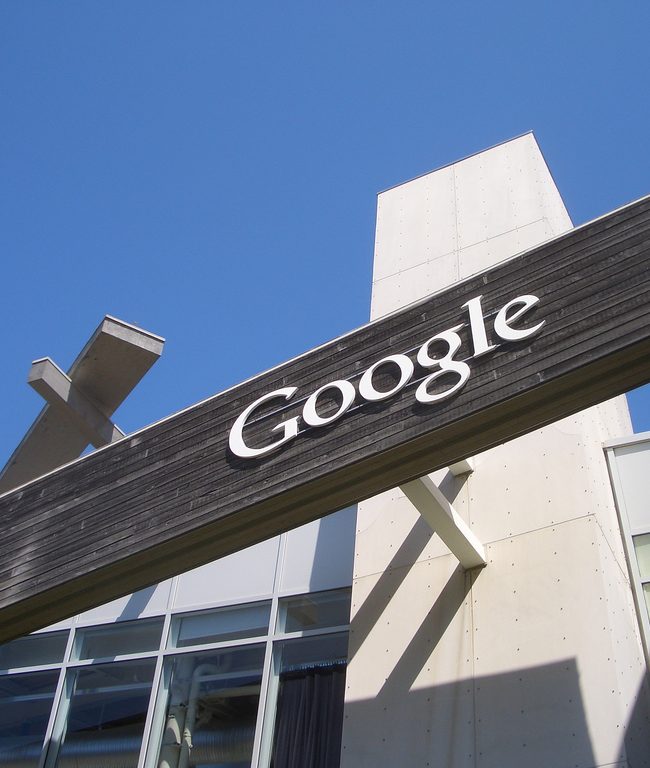Last week, we released the Mosley/Google ruling by Paris’ Court of First Instance (TGI Paris, November 6, 2013, RG 11/07970, Max Mosley v. Google Inc and Google France), since then, a lot have been said and wrote about this case (including by me, here and on Twitter).
The case
This case was related to Google Images service which indexed some Max Mosley sex orgy pictures. Pictures went viral. Each time Mosley had noticed Google to take them down, and Google did it. But, photographs went back to search results from others URL. Jaged, Mosley asked Google to figure a way to automatically and permanently take them down. Google refused, arguing the company wasn’t the Internet Police, and has no duty to watch the web content.
Mosley sued. Last week, TGI Paris’ judges ruled in favor of a « notice and stay down » approach when illegal web content is harming privacy. They ruled that Privacy received a such high level of protection, they had to protect it in a democratic society…
« Notice and Stay Down » under French Law
I argued last week that judges lost their mind, and didn’t get the Internet… and, even, the law!
I referred to section L. 32-3-4 of the Post and Electronic Communications Code designing a balanced liability framework for services as Google Images. The service is not prima facie liable for cached or linked content; but the service will be liable if, after receiving due notice, it does not take down illegal content. (This framework is very similar to the US’ DCMA notice and take down.)
Some asked for a « notice and stay down » approach (i.e. services should look for and take down same content, permanently), especially for copyrighted content. But in three landmark precedents, the European Court of Justice (ECJ, 24 November 2011, C-70/10, Scarlet v. SABAM; ECJ, 16 February 2012, C-360/10, SABAM v. Netlog) and the Cour de cassation, the French Supreme Court (Cass. 1st civ. 12 July 2012, n°11-15165/11-15188) have refused this approach. Also, last summer, the Paris Court of Appeal ruled against any « notice and stay down » (CA Paris, 21 June 2013, n° 11/09195, SPPF v. Google; affirming a TGI Paris’ judgement, but by an other panel).
The ruling is therefore contrary to the law and the case law. The case will go to appeal.
However, I read that judges where right because they ruled with regards to Privacy, and not Intellectual Property. As the right to Privacy is protected under provisions of Article 10 of the European Convention on Human Rights, the precedents mentioned above, related to Intellectual Property, could be pushed aside.
But I don’t think so.
Why Privacy can not be successfully argued
I should point out the aforesaid supreme courts have considered « Intellectual Property Rights » as « Property Rights ». (Personally, I do not agree with such an approach, but this is the current state of the law.)
It turns out that Property is also protected by the European Convention on Human Rights, under provisions of Protocole of 1952, Article 1. As Privacy, Property is also protected as a Constitutional Principle in France; so as Intellectual Property too.
Therefore « Privacy » and « Intellectual Property » benefit of the same high level of protection under French, European (ECHR) and E.U. Law. Then, you cannot argue that Privacy should, or could, received a greater protection than Property, as least legally.
Wherefore, I argue that precedents by the Cour de cassation and European Court of Justice refusing any « notice and stay down » framework for Intellectual Property Rights should be applied mutatis mutandis to Privacy.
Thus, even if the case was related to Privacy, I still argue that judges were wrong and that the TGI Paris’ judgment should be overturned by the Court of Appeal.
It might be a test case, it certainly is; but, if you want my opinion, Google has a good hand.

